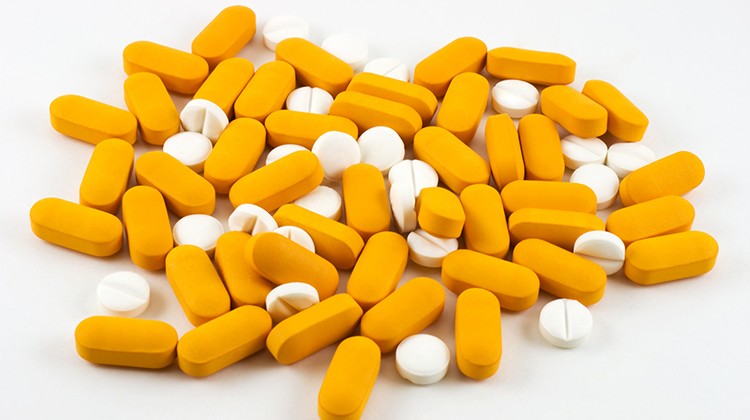Those with a peripheral blood eosinophil count greater than 350 per mm3 suffer from eosinophilia. Eosinophils are a type of white blood cell, most of which reside in tissues in the upper respiratory system and the gastrointestinal tract. The … [Read more...]
Ketek Being Linked to Burn-like Blisters
The side effect most often associated with the antibiotic drug Ketek is liver failure; however, at least one person has had a different, life-threatening reaction to Ketek. Now people who have taken the drug are investigating the possibility of … [Read more...]
Drug-Induced Cholestasis
Technically, cholestasis is any condition in which substances normally secreted into bile are retained. It is generally used, however, to refer to any condition in which the flow of bile is reduced. Drug-induced cholestasis can, and usually does, … [Read more...]
Cardiovascular / Respiratory: Pulmonary Hypertension
Pulmonary hypertension is a rare, progressive disease that can cause permanent lung damage and failure of the right ventricle of the heart. It is defined as high blood pressure in the pulmonary artery or lung vasculature, and is not directly related … [Read more...]
Pulmonary Edema
Pulmonary edema is swelling and/or fluid accumulation in the lung(s). The resulting impairment of gas exchange can lead to respiratory failure, coma, and death, primarily due to hypoxia (a lack of adequate oxygen supply to the body or a part of the … [Read more...]





